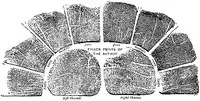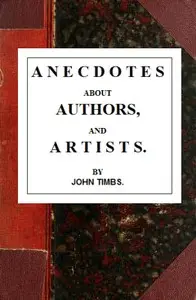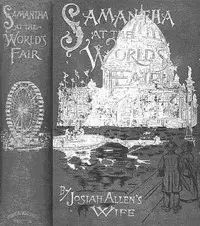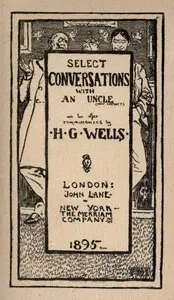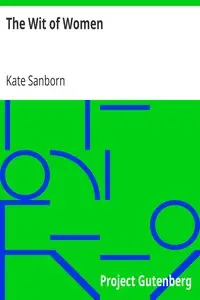"The Monikins" by James Fenimore Cooper is a satirical novel written in the early 19th century. The narrative unfolds under the guise of an eccentric philosophical exploration, intertwining social commentary and personal histories. The main character, who appears to be the author himself, delves into his familial lineage as well as the peculiar practices and quirks associated with wealth, class, and human nature. The opening of the book sets the stage with the author’s introduction, detailing how he encountered a manuscript from a character named Viscount Householder while traveling in Switzerland. This encounter leads to Householder's request to publish an extraordinary tale filled with insightful observations about societal norms and motivations. The narrative then shifts to a reflection on the author's ancestry, emphasizing the comedic and often misguided journeys of his forebears through influences of commerce, morality, and relationships. The blend of humor and critique on the human condition is evident as the author approaches the complexities of his lineage, illustrating a society deeply entrenched in materialism and social stratification. (This is an automatically generated summary.)

The Monikins
By James Fenimore Cooper
"The Monikins" by James Fenimore Cooper is a satirical novel written in the early 19th century. The narrative unfolds under the guise of an eccentric ...
James Fenimore Cooper was an American writer of the first half of the 19th century, whose historical romances depicting colonial and indigenous characters from the 17th to the 19th centuries brought him fame and fortune. He lived much of his boyhood and his last fifteen years in Cooperstown, New York, which was founded by his father William Cooper on property that he owned. Cooper became a member of the Episcopal Church shortly before his death and contributed generously to it. He attended Yale University for three years, where he was a member of the Linonian Society.







